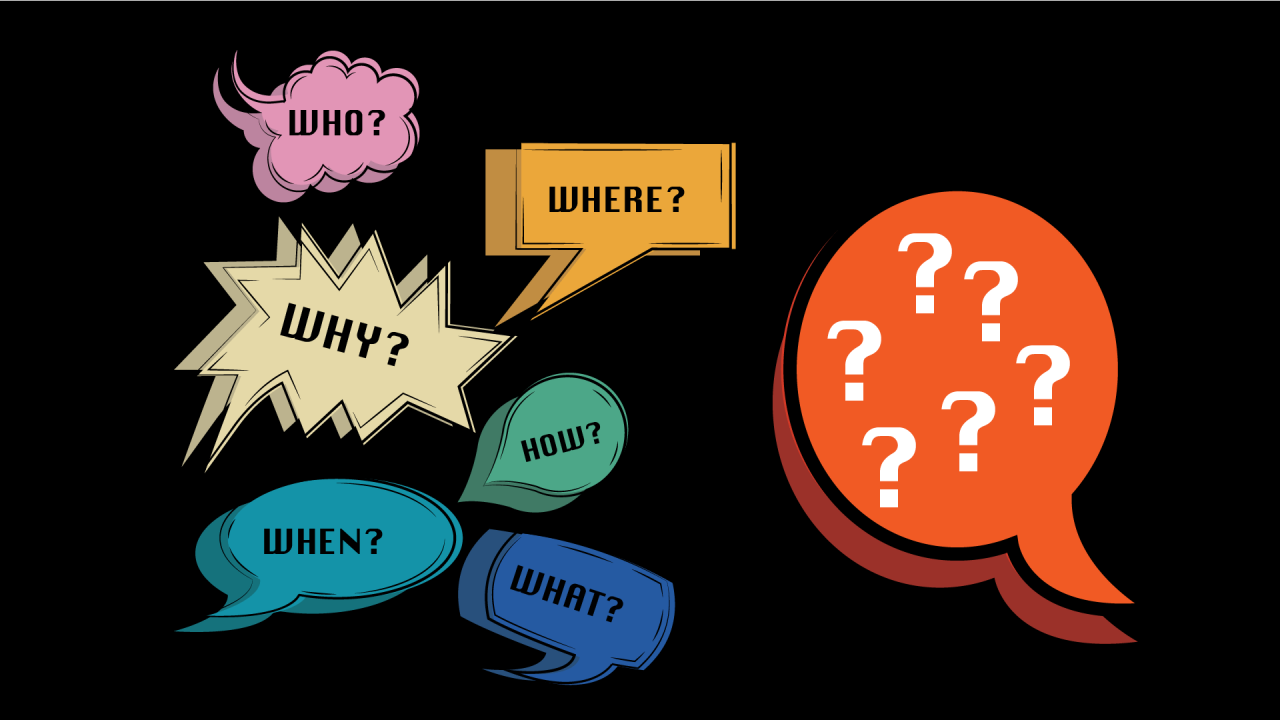.
Be more curious, open, and brave - change your mindset to become a life-long learner
If you’ve always been skeptical about people who call themselves ‘life-long learners’, we hear you. Maybe they’re too similar to people who wear kaftans made from hemp and walk around the supermarket in bare feet. But, dare we say it, we don’t agree with you. In our humble opinion, learning at work can do wonders for your mindset and also for your wellbeing.
So maybe it’s time to change your mindset? Stephanie Davies is here to invite you to become a bit more curious, open and brave when it comes to learning. You won’t regret it.
A changing virtual landscape
Hands up who hastily rearranged the books on their shelves a couple of years ago? I know I did! Why do I know this? Because during the corona crisis, bookshelves became the nation’s de facto backdrop of choice. Each time an expert was interviewed via Zoom on the BBC, they were in front of their literary collection.
If you’re anything like me, this new communication paradigm created a dilemma. Suddenly, people could see your reading choices. What if they judged? So, you did an intellectual Mrs Hinch, and got rid of the evidence. Gemma Collins: How to be a Diva (my husband’s, honestly), The Twilight Trilogy, and Donald Trump: The Art of the Deal got moved out of shot.
In their place went your Rough Guide to Cambodia (you’ve never been), a few quirky management guides with titles like Be More Simian, and Sun Tzu’s The Art of War. These strange times gave us a window into our colleagues’ lives. Often very entertaining. Who knew that Val from accounts collected ceramic dogs or that Ian in IT was a fan of Manga? Actually, that one was obvious.
We’ve all become addicted to video calling. Indeed, video calls that could have been phone calls are the new meetings that could have been emails. And not only do they give us a chance to see what our colleagues keep on their shelves, but we also get a comforting glimpse into the chaos of other people’s lives.
How times have changed
Imagine in the old world, sitting in the boardroom with a CEO, pitching for business, and in the middle of your flow, the CEO’s three-year-old crashes through the door screaming because they can’t get the lid off a tube of Smarties. Such behaviour would never have been tolerated a few years ago. But in the new world we find ourselves in, that’s commonplace. And it’s a joy.
In the past few weeks, I’ve been inadvertently introduced to people’s children, partners and pets. During one call I was treated to an impromptu recorder rendition of London’s Burning from the six-year-old daughter of an HR Director at a blue-chip international telecoms company. It was surreal and refreshing.
My cat Barry, who is no respecter of etiquette, has photobombed several calls and on two occasions elected to sit in front of the webcam licking his arse without a care in the world. I think we could all learn a lesson here. While arse-licking may be taking things a bit too far, a general relaxing of the rules is now a bit more acceptable and hopefully here to stay.
Change is inevitable and the way we all adapted to the last two years has been admirable. But I’m starting to see some sneaky bad old habits creeping in. Long days without breaks, back-to-back-to-back meetings – virtually or in situ, and everything being expected yesterday. Did we learn anything from the last few years? People aren’t machines and we get the best out of them when we create an environment where they feel empowered to take risks, psychologically safe, and have time to think.
Learning from lockdowns
While none of us want to go back to the days of lockdown, there are a few things we can learn. We got sh*t done when there was a real focus and purpose. Sh•t happened when we gave people the autonomy to make decisions and got rid of red tape. We had the space and time to work on things, yet collaborated where and when it mattered. And most importantly we understood that people had other things on their plate - conversations helped with this, leading to timelines and deadlines.
Humans are actually great at adapting, we’ve proven this. So how do we take that learning and continue to make brave decisions, adapt our mindsets and challenge the norm? Much like we did when we needed to.
This isn’t something we do in a workshop. It’s weekly, daily, and sometimes even hourly self-awareness check-ins. Challenging yourself to think: Am I just doing this because others are, or because it’s the way we’ve always done it, or is there a different way? Being more curious and open to other possibilities will help us continually adapt.
Sometimes learning comes in the strangest of places, an unexpected recorder recital from a four-year-old or a book on a shelf that made you think differently. Next time, rather than getting annoyed or judging someone for their book choice – be open to where that takes you. Remember how you were a lot more accepting in lockdown, let’s not lose that mindset.
To help you really keep your mindset for learning and stay brave and curious, we’re putting on a FREE webinar for Learning at Work Week. All about yes, you’ve guessed it, learning. So join Kerry Leigh for Why Being a Life-Long Learner Can Make You Happy and hear all about how our mindset can open up a world of possibilities for new ways of thinking and acting.
























